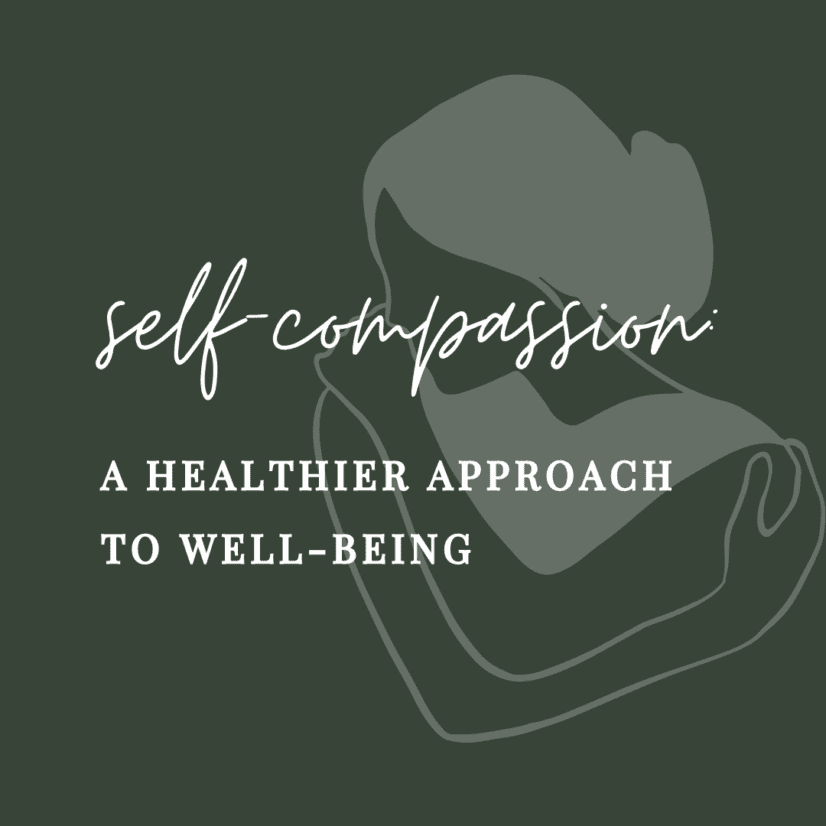In our highly-driven culture, the common belief is that success depends on being competitive and pushing yourself to your limits. What if this approach proved to be more harmful than helpful?
Recent research shows self-criticism and a competitive attitude create obstacles to achieving goals.
Self-criticism has been shown to result in increased negative emotions, more pronounced failures, and a reduced ability to learn from our failures. Trying to out-compete others to improve self-worth means we naturally become self-critical as well as anxious and insecure. Instead of strengthening relationships, competition leads to separation and isolation. The two practices of self-criticism and competition interfere with most people’s inner desire to belong, be loved, and be personally successful.
So, what is the alternative?
Studies are finding a healthier approach is self-compassion.
Self-compassion is treating yourself the same as you would a good friend. You do this by acknowledging that you are deserving of kindness and understanding. And you live life knowing that making mistakes and facing failures is part of being human.
This approach is the secret to improving resiliency—the ability to bounce back from failures with enthusiasm, knowledge, and empowerment. Research shows this form of self-soothing leads to greater feelings of well-being and reduced stress and depression.
Self-compassion is not being lazy, self-indulgent, or selfish.
Rather you are giving permission to care for yourself when you’ve messed up or are going through a really tough time.
Breaking the habit of self-criticism and competitive attitude takes work, but the benefits are worth it. The results can include a greater sense of peace, contentment, and joy.
To determine your degree of kindness to yourself take this online test.
Written by: Ann Sheerin, LPC

